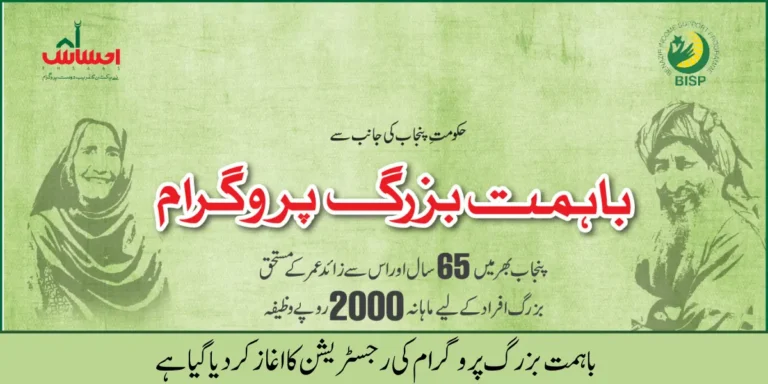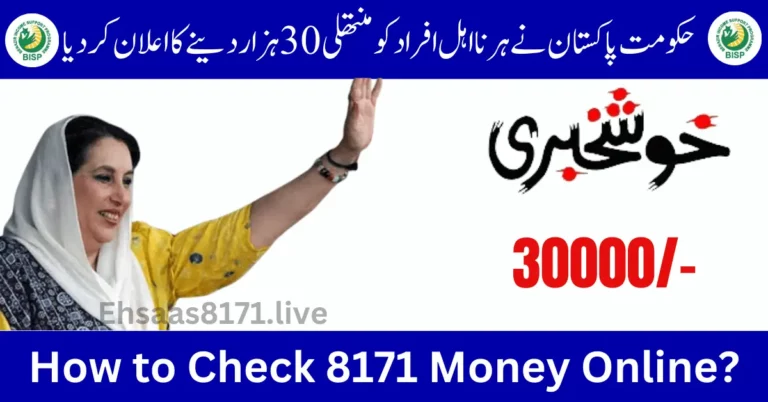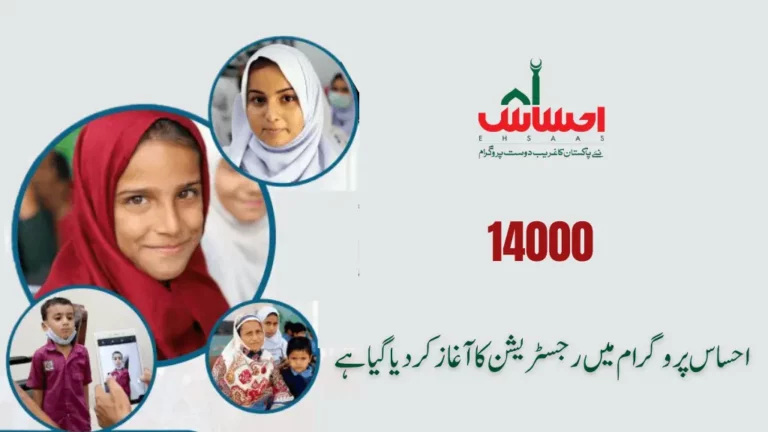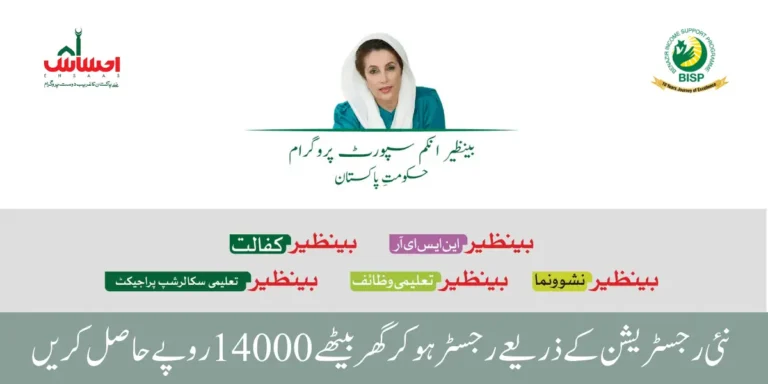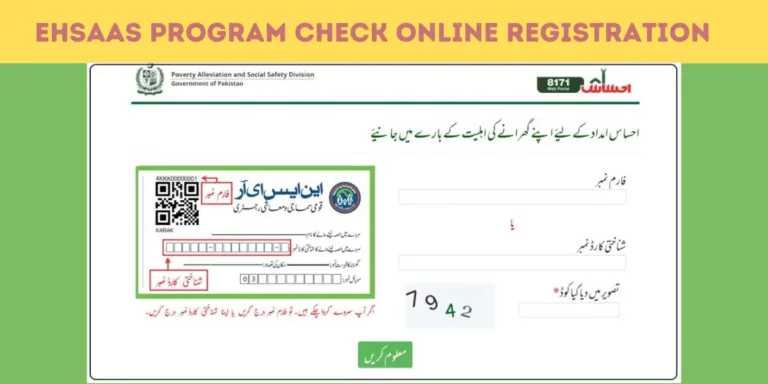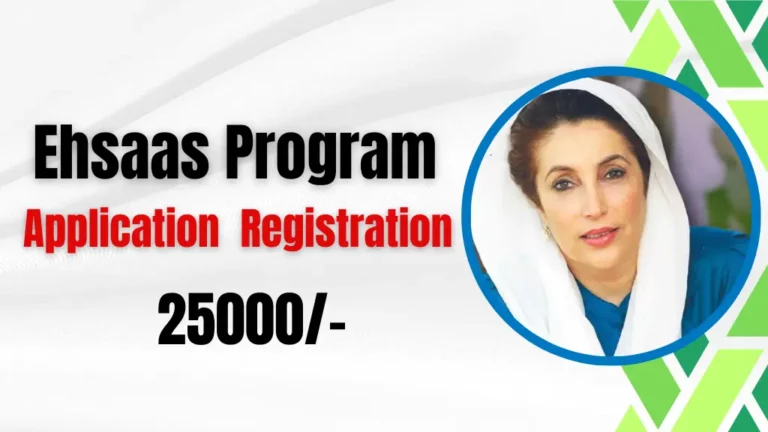New Update! Prime Minister’s Health Program Lonch For All People
Prime Minister’s Health Program
The Prime Minister’s Health Program aims to ensure that basic health care is accessible to Pakistan’s poor and deserving individuals. Recognizing that health care is a fundamental right and essential for a quality life, this initiative seeks to support those suffering from serious illnesses by providing them with access to top-quality medical services.
The program enhances the health care experience by fostering strong doctor-patient relationships and offering a supportive hospital environment with highly trained medical professionals. By addressing gaps in the current health care system, the program improves patient satisfaction and helps manage health care costs more effectively.
Who is Eligible for the Prime Minister’s Health Program
The Prime Minister’s Health Program is designed to support deserving individuals across Punjab, Sindh, Khyber Pakhtunkhwa, Gilgit-Baltistan, and Balochistan. Eligibility criteria are outlined by the government, and assistance is provided based on the following:
- Individuals living below the poverty line are eligible.
- Those whose monthly income is insufficient to cover their medical expenses can qualify.
- Government employees are not eligible for this program.
- Individuals already receiving benefits from another government health program are excluded.
- Beneficiaries of the BISP sponsorship program are eligible.
- Individuals who have traveled abroad or whose passports have been forged are not eligible.
What Diseases Does the Prime Minister’s Health Program Prioritize?
The Prime Minister’s Health Program focuses on treating chronic and serious illnesses that can be very costly to manage. This support is especially crucial for those who cannot afford these expenses. The program prioritizes:
- Cardiovascular diseases
- Diabetes
- Burns and road traffic accidents (RTA)
- Kidney diseases and end-stage dialysis
- Chronic infections
- Major organ failures (heart, kidney, liver, lung)
- Cancer
- Neurosurgery
These are the conditions where financial assistance is provided to ensure that deserving individuals receive the necessary care.
Also read: Online احساس پنجاب پورٹل Ehsaas Online 8171 Registration
Prime Minister’s Health Card
The Prime Minister’s Health Card offers comprehensive health services to individuals and families, providing free treatment up to 1 million rupees. This card covers treatment for accidents and severe illnesses, ensuring that beneficiaries receive necessary medical care without financial burden.
In addition to medical treatment, the program includes transport services for patients. If a patient passes away during treatment, up to 10,000 rupees is provided to their family for burial expenses.
Eligible families will find that any newborn child automatically qualifies for the program. If the birth occurs in a non-partnered hospital, a birth certificate from NADRA must be submitted to confirm eligibility.
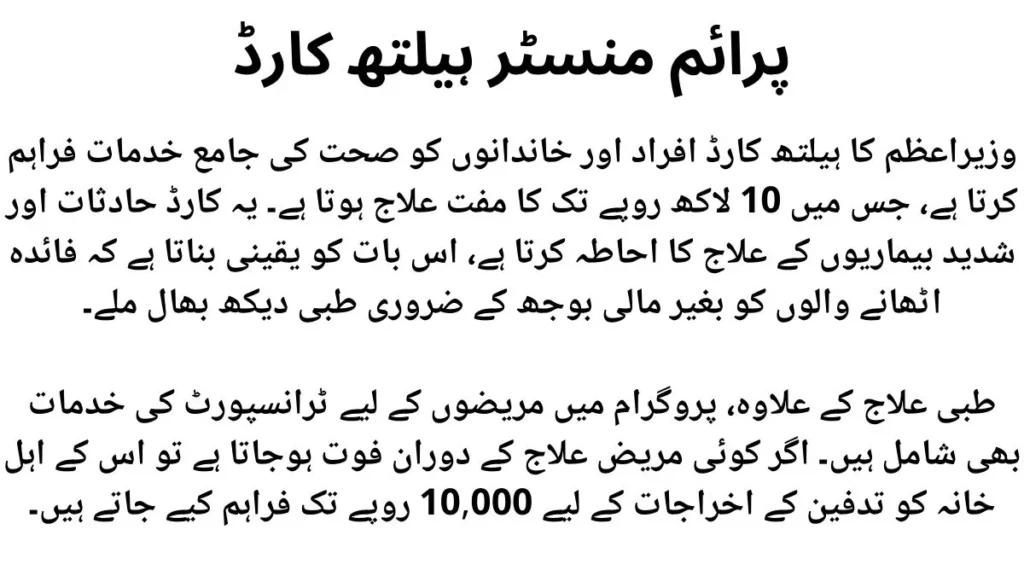
Also read:Ehsaas 8123 Web Portal Check Eligibility Online August 2025
Treatment Services
Under the Prime Minister’s Health Program, up to 400,000 rupees in free treatment is available for deserving individuals. Families in critical conditions may receive additional financial support, with increased coverage for cancer and dialysis patients.
The program ensures that individuals with severe diseases receive up to 400,000 rupees in free treatment, with the possibility of extending this limit if more funds are needed for comprehensive care.
Conclusion:
The launch of the Prime Minister’s Health Program marks a significant step forward in ensuring comprehensive health care for all deserving individuals across the country. This program aims to provide vital medical services and financial support to those in need, making quality health care more accessible. With benefits such as free treatment up to 1 million rupees, transport services, and burial assistance, the program is designed to alleviate the financial burden of serious health conditions. As the initiative rolls out, it promises to enhance the well-being of many, reflecting a commitment to improving health outcomes and supporting the most vulnerable members of society.
